Now faith is confidence in what we hope for and assurance about what we do not see. ... And without faith it is impossible to please him, for whoever would draw near to God must believe that he exists and that he rewards those who seek him (Hebrews 11:1, 6).
Faith! Faith?
Faith can be a struggle whether the struggle is intellectual or based on hard life experiences or withering losses. How can we find faith, and in finding faith, also find ourselves in a better story?
Jesus had just revealed himself to Peter, James, and John in his heavenly glory. These three closest disciples had been startled into a new understanding of their Teacher. Moses and Elijah, Israel's greatest leader-lawgiver and prophet, appeared next to Jesus in his glory. Then, Moses and Elijah suddenly disappeared from their sight. Only Jesus was left for them to see in glory. Then, God forcefully spoke to these disciples that Jesus was his beloved Son and that they must listen to him (Mark 9:2-13). Jesus had to be the goal of their faith, and Jesus' words must be their guide in the life of faith.
As Jesus and these three disciples descended from this glorious experience, they met the rest of the twelve who were in the middle of a difficult mess (Mark 9:14-21). These other disciples couldn't help a man whose son was controlled by a demonic spirit. A group of teachers of the law and Jesus' disciples were arguing and a crowd had gathered. The father was frustrated at the other disciples because they could not help his son.
The father of the boy responded to Jesus by saying, "[I]f you can do anything, take pity on us and help us" (Mark 9:22).
Jesus responded by saying, "If you can? ... Everything is possible for one who believes" (Mark 9:23).
To which the father of the boy immediately exclaimed, "I do believe; help me overcome my unbelief!" (Mark 9:24).
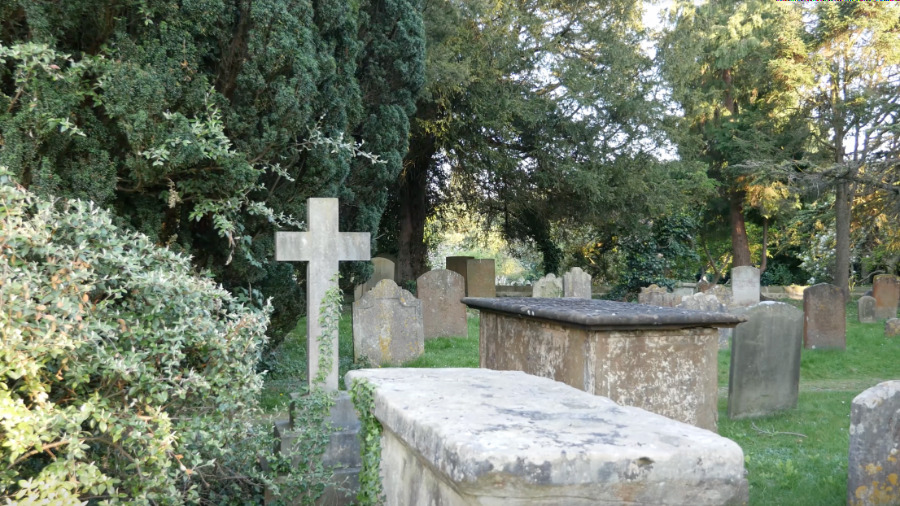
Once again, we find ourselves at the core of life's most important issue.
Faith! Faith?
Faith can be a struggle whether the struggle is intellectual or based on hard life experiences or withering losses. How can we find faith, and in finding faith, also find ourselves in a better story?
Today's video with James Nored focuses on C.S. Lewis' early struggle with unbelief. This struggle was rooted in a series of painful losses, emotional wounds, and intellectual doubts all experienced at a young age. Despite this unbelief, common stories that appealed to Lewis' heart and scholarly challenges to his intellect drew him back to faith. With the help of friends, he came to faith. This faith then sustained him through late life challenges and losses. His life of honest struggle with belief and unbelief has, in turn, blessed countless thousands.
Struggling with faith is a challenge nearly every believer goes through at some point in life. That struggle can leave us crying out, "I do believe; help me overcome my unbelief!" That struggle can also leave each of us unwilling to continue our search for faith during the dry times in our heart and in our dark nights of the soul. Life, however, drags us in and out of experiences whether we are ready to face or not. These experiences can reawaken us of our need to make sense of life with faith or without faith.
Like with C.S. Lewis, God uses these experiences to draw us back into relationship with him and call us to faith. Our Father in heaven can use the beauty of creation to call to our hearts. He can use the arts and stir our hearts through music, dance, sculpture, and painting. He can beckon us closer through the timely presence of friends who bring us comfort, help us process our intellectual doubts, and survive our most painful experiences. God even uses the stories of books and movies to tap into our heart and pull us back to his great story of grace. These stories echo the hope we find in Jesus and call us back to God who loves us.
Our final step toward faith, or back to faith, can be clothed in mystery. A seeking heart may never be able to discover exactly when faith happens, just C.S. Lewis' trip to the zoo began with him not believing and ended with him believing before he arrived. However, the final destination of our faith journey often depends upon the orientation of our hearts.
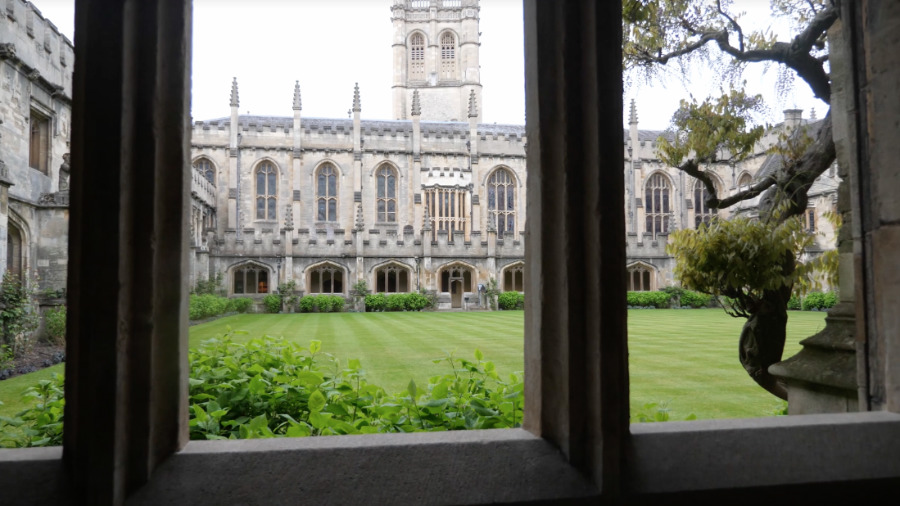
Are we seeking truth? Jesus promised us:
So I say to you: Ask and it will be given to you; seek and you will find; knock and the door will be opened to you. For everyone who asks receives; the one who seeks finds; and to the one who knocks, the door will be opened (Luke 11:9-10).
Do we recognize our yearning for God? Paul told the philosophers in Athens:
God [created us] so that [those he created] would seek him and perhaps reach out for him and find him, though he is not far from any one of us. "For in him we live and move and have our being." As some of your own prophets have said, "We are his offspring" (Acts 17:27-28).
Therefore, if anyone is in Christ, the new creation has come: The old has gone, the new is here! (2 Corinthians 5:17).
Like the father who desperately wanted his son healed by Jesus, are we willing to cry out, "I do believe; help me overcome my unbelief!" That is the challenge that each person who struggles with faith must answer. Our Savior waits longingly to meet us in this journey and do for us what he did for this desperate father: he answered his cry for help and changed his story for the better, forever.
Questions to Consider:
What makes having faith in God so hard?
How do experiences of loss and unfairness in life make faith challenging?
How do atrocities committed in the name of politics and religion make having faith very difficult?
What is the door holding me back from fully trusting in God?
How do the "echoes of the Christian story" in other stories and myths help us understand the basis of the Christian story rather than making them less certain?
Am I willing to seek after God, and the truth about God?
For more discussion questions, see the pdf manual that also has the video link.
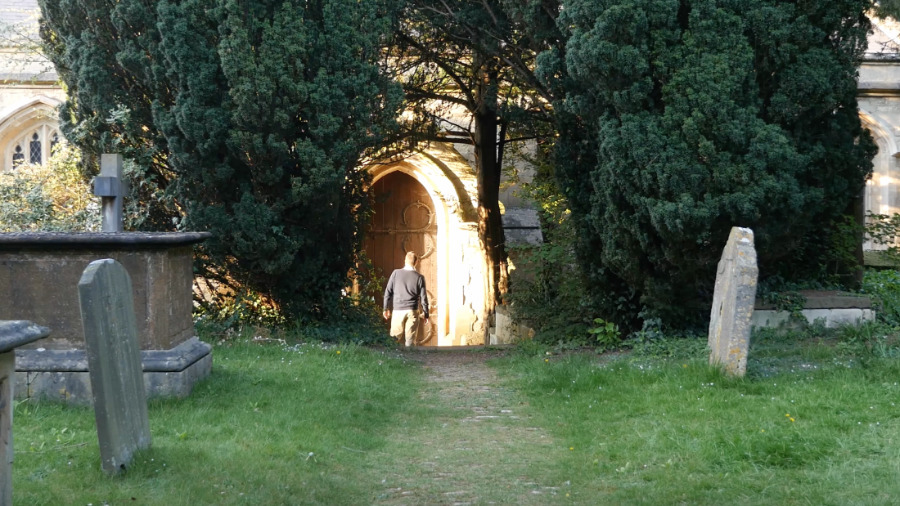

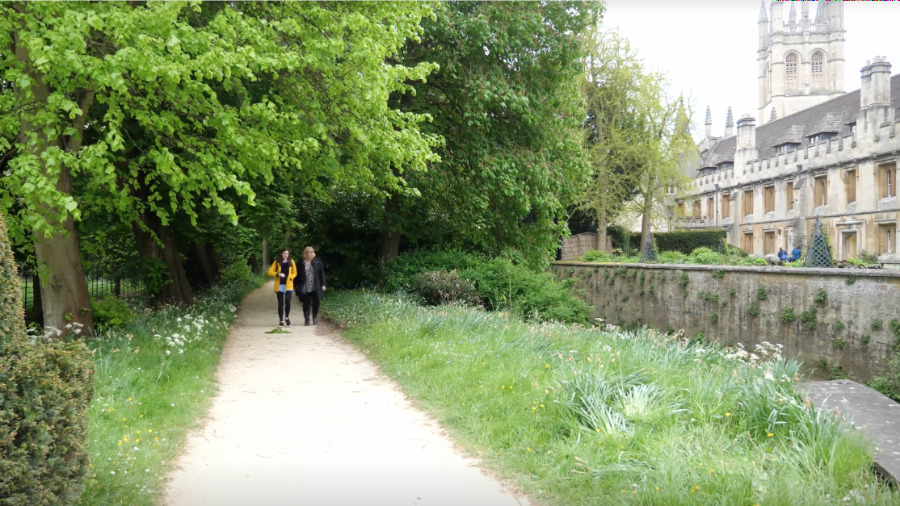

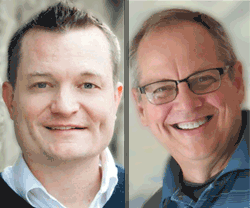








Comments
Have thoughts on this article? Leave a comment